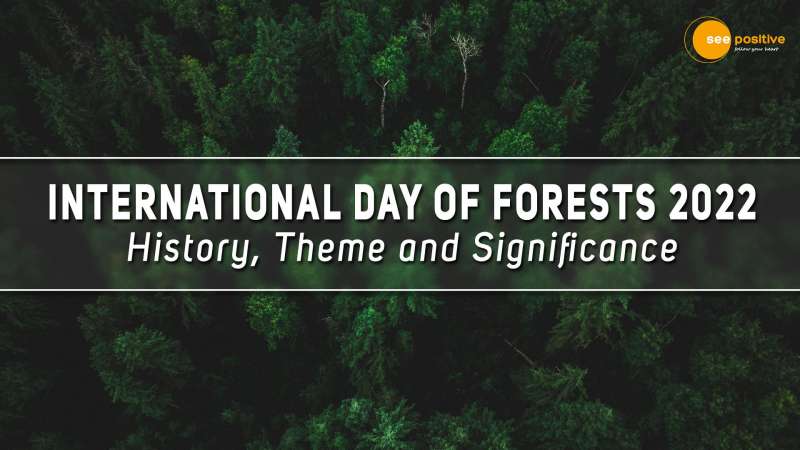

HIGHLIGHTS:
- Every year on March 21, the world commemorates the International Day of Forests
- “Forests and sustainable production and consumption” is the theme for 2022
- The purpose of the day is to promote awareness about the importance of various types of forests
Every year on March 21, the world commemorates the International Day of Forests. The purpose of the day is to promote awareness about the importance of various types of forests. In 2012, the United Nations General Assembly declared March 21 to be International Forest Day. The day serves as a reminder to people to cherish and protect forests, as well as understand the importance of forests in the lives of living things. Forests are critical for providing food, water, and shelter to both animals and humans.
International Day of Forests 2022: History
The 16th session of the Food and Agriculture Organization (FAO) Conference voted in favour of “World Forestry Day” in 1971. From 2007 to 2012, the Center for International Forestry Research (CIFOR) hosted six Forest Days. The United Nations General Assembly later proclaimed March 21 as International Day of Forests (IDF) on November 28, 2012.
International Day of Forests significance
In order to counteract climate change, forests must be managed sustainably and their resources used wisely. This will benefit the current and future generations’ prosperity and well-being. Several organizations are encouraging countries to “engage in local, national, and international efforts to arrange activities involving forests and trees, such as tree planting initiatives” on this day.
Theme for the 2022 International Day of Forests
“Forests and sustainable production and consumption” is the subject for 2022.
2022 is the International Day of Forests: celebration
Several countries around the world are being inspired to take action to safeguard the woods on the International Day of Forests. Conducting activities for forests and trees, such as tree-planting initiatives, is one of these phases.
Reasons why forest conservation is important
- Livelihood and a long-term economy
Over 1.5 billion people are estimated to be directly reliant on forests for their survival. The culture, history, and survival of these villages are all challenged by the dwindling forest.
- Shelter and a home
Furthermore, approximately 300 million people live in forests and would be displaced if they were to lose their homes, increasing poverty and creating refugees.
- Food safety is important
Apart from people who consume forest nuts, mushrooms, and berries, forests also support creatures on whom we rely for food and other resources. Many people suffer from food insecurity as a result of deforestation.
- Drought prevention
Forests, with their network of tree roots and transpiration process, have a significant impact on weather, particularly rainfall. They can also be used to store water.


